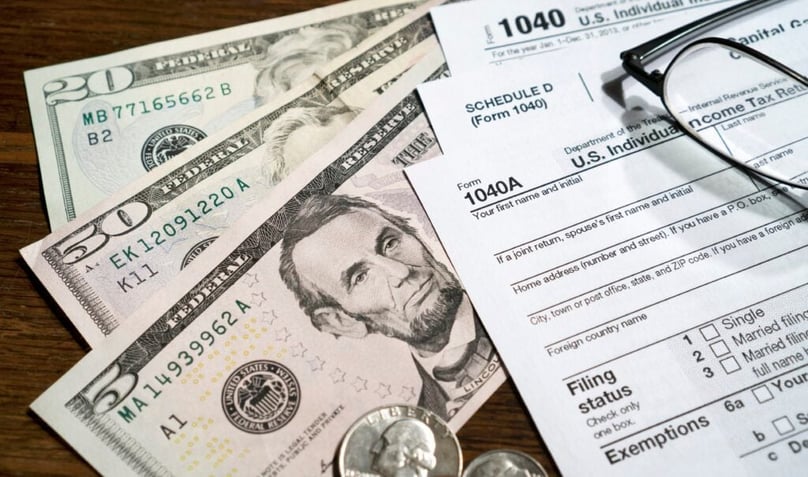A recent complaint made by Charles Borges, the chief data officer for the Social Security Administration (SSA), has raised red flags about the security of personal information in the United States. Borges alleges that the Department of Government Efficiency (DOGE) relocated a vast Social Security database, containing highly sensitive information such as Social Security numbers and birth details, to an unprotected cloud server in June.
The New York Times was the first to report on the complaint, which was filed by the Government Accountability Project, a whistleblower defense organization. Borges's legal team has stated that this server, accessible solely by DOGE staff, lacks the necessary security supervision and tracking options.
Despite these disconcerting allegations, experts like Jim Komoroski, a registered Social Security analyst and the principal of M1 insurance agency, suggest that beneficiaries shouldn't panic just yet. According to Komoroski, this information mishandling doesn't necessarily imply an immediate threat to those holding Social Security cards or receiving benefits. If the unsecured data was breached, it could potentially affect over 300 million Social Security card owners, but there is currently no evidence of a breach.
Komoroski further clarifies that this issue doesn't affect benefits; beneficiaries will not observe any changes in their checks or eligibility. To ensure maximum personal data security, beneficiaries are advised to create and utilize a 'my Social Security' account, a secure online platform provided by the SSA for managing benefits, accessing statements, and monitoring applications. Two-factor authentication and regular credit report checks are also recommended.
Identity theft is the primary risk for Americans whose data was shared. A compromised Social Security number can be exploited for fraudulent credit applications or medical fraud. Evidence of identity theft can include unrequested bills or debt collections. In the event of suspected identity theft, individuals should contact the Federal Trade Commission, their credit card or bank's fraud department, and credit reporting agencies to prevent further damages.
Komoroski concludes by reminding everyone that vigilance is crucial at this time.

